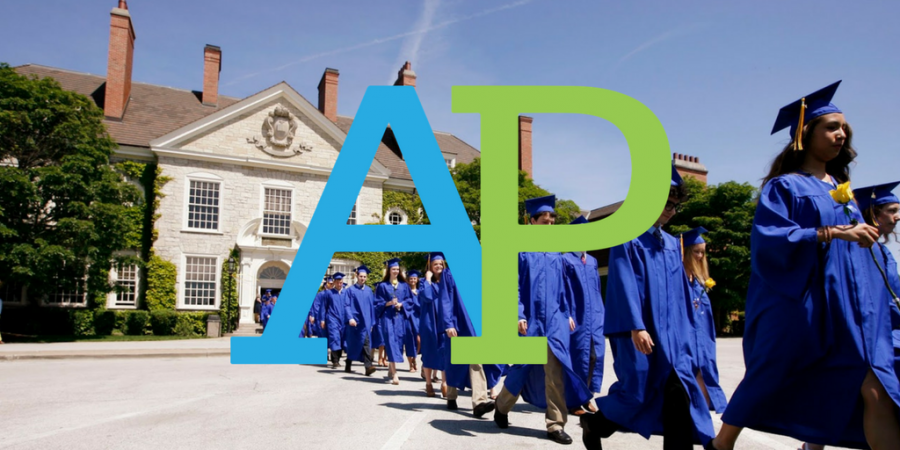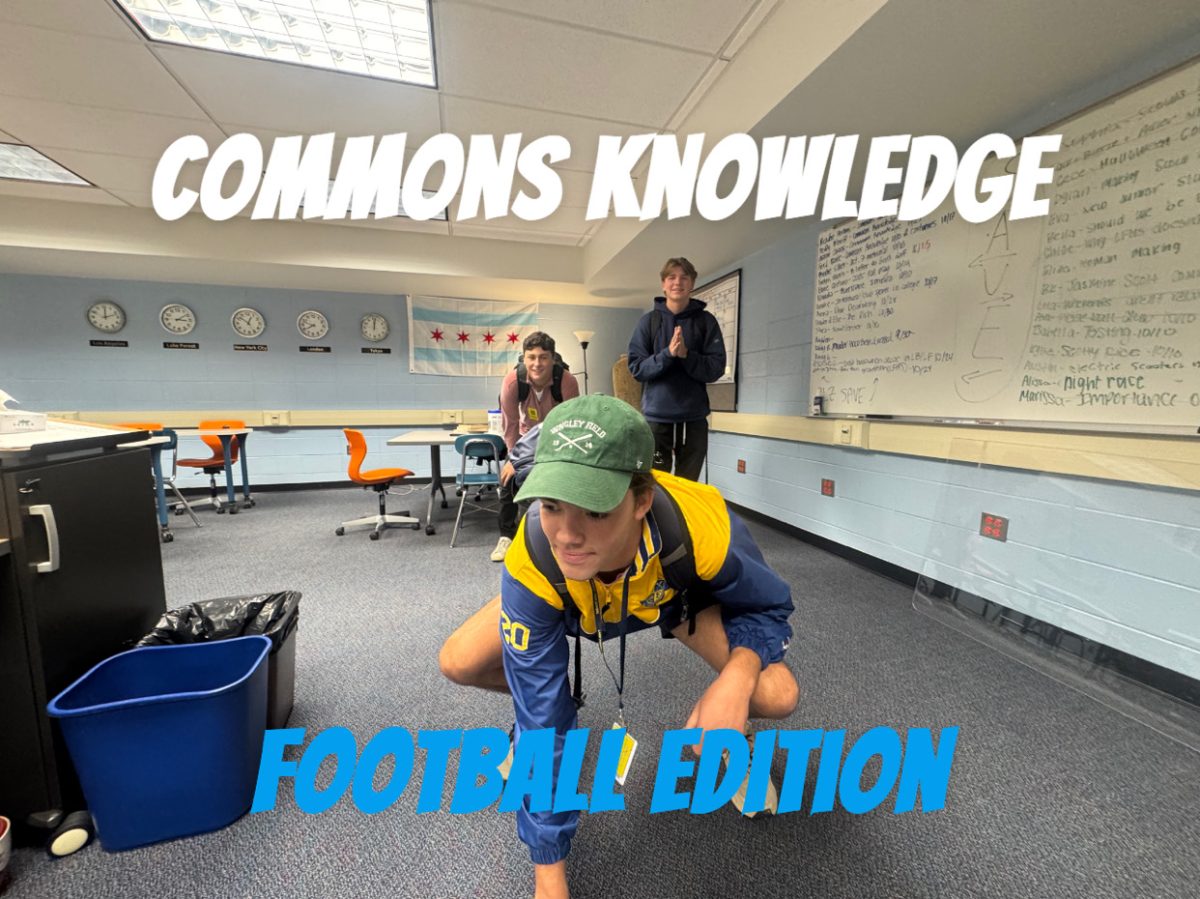When Dr. Holland was hired as LFHS principal three years ago, many members of our community reacted with embarrassing, unnecessary, and ill-informed outrage. They believed, among other things, that she would “get rid of honors/AP classes.” In fact, hundreds of people signed a petition opposing her hiring for that very reason. In the years since, it has become clear that the antithesis is true. In the past few years, LFHS has expanded its AP class offerings from 22 to 30 classes and increased the number of students taking and passing AP exams.
Of course, there are many reasons for this trend, and the new administration is probably a small factor. In fact, LFHS’ increased AP enrollment coincides with a national trend– the number of AP exams taken has doubled in the last decade.
According to an AP Psychology teacher, there has not been a drastic increase in AP Psych enrollment in the past few years. However, there have been new AP classes added to the social studies department, including AP Seminar and AP Research. Another change was the reduction of prerequisites for AP Psych and other social studies classes. In Psych, for example, students used to have to be in AP US History or getting an ‘A’ in CP US History as a junior to enroll. The teacher noted that prerequisites can be helpful for students to enroll in classes they will succeed in.
In the science department, AP enrollment growth has been taking place for a decade. Mr. Patel, an AP Chemistry teacher, explained that there were a total of 10 students in AP Chem 10 years ago and now there are 4 classes. He also noted that this trend is similar to what he’s seen at other schools. Regarding prerequisites, Mr. Patel emphasized that they should be considered on a case-by-case basis and that prerequisite policies should be considered logically, not ideologically.
In the math department, there are more than double the number of students on the highest track now compared to a few years ago. Mr. Wilhelm explained how there are seven sections of PSGH (plane solid geometry honors) this year while there used to be 3. Likewise, next year will be the first year with two sections of Multivariable Calculus, the most challenging math course offered. Some teachers have expressed concern regarding younger students taking classes they may not be mature enough for, although in general they see the trend as a positive. Math is different than other departments in that there is a linear progression through the courses. The increased enrollment in challenging classes in largely due to local middle schools offering AATH (advanced algebra trigonometry honors). Instead of traveling to the high school before school for math, advanced students are taking it at their middle school. In addition, more students are taking advantage of a bridge course that allows them to get on the “honors track” before sophomore year.
Overall, it seems that more LFHS students are taking AP classes due to a variety of factors, but there has not an abnormal increase compared to other schools.
A factor that can’t be ignored is the immense pressure students feel to fill their transcript with AP and honors classes despite whether they are interested in the subject. As college admissions get increasingly selective, students in competitive environments such as LFHS are going to do whatever they can to look impressive. Mr. Patel emphasized how taking AP science classes is good for those who are ready, and the negative effects of stress and loss of sleep may outweigh the benefits for some students. He pointed out that he took many AP classes in high school, while many of his equally successful teacher friends did not. In the end, despite changing school policy or college pressure, students should aim to find a balance between challenging themselves and maintaining their wellbeing and trust that there is no one path to happy, fulfilling future.













